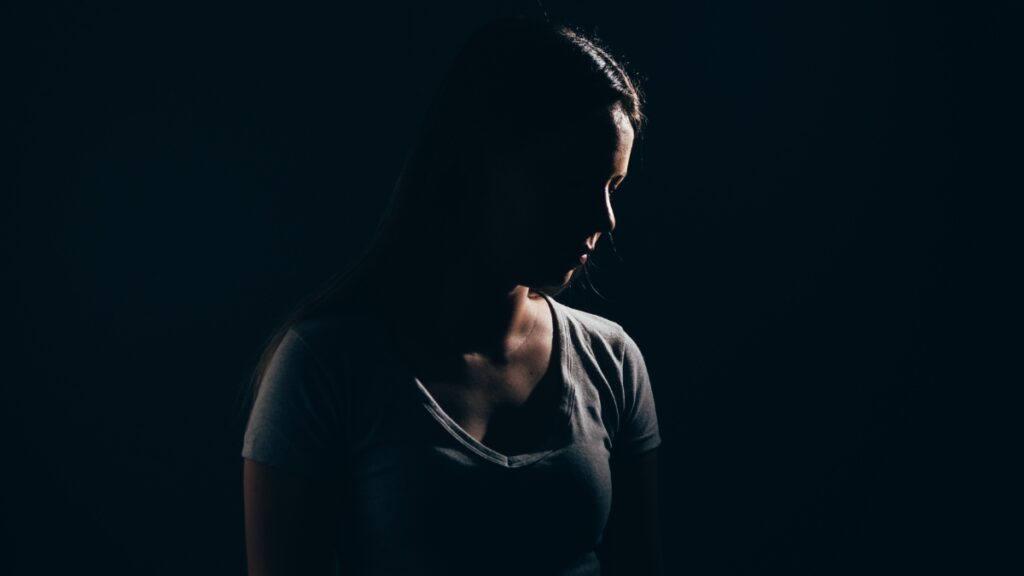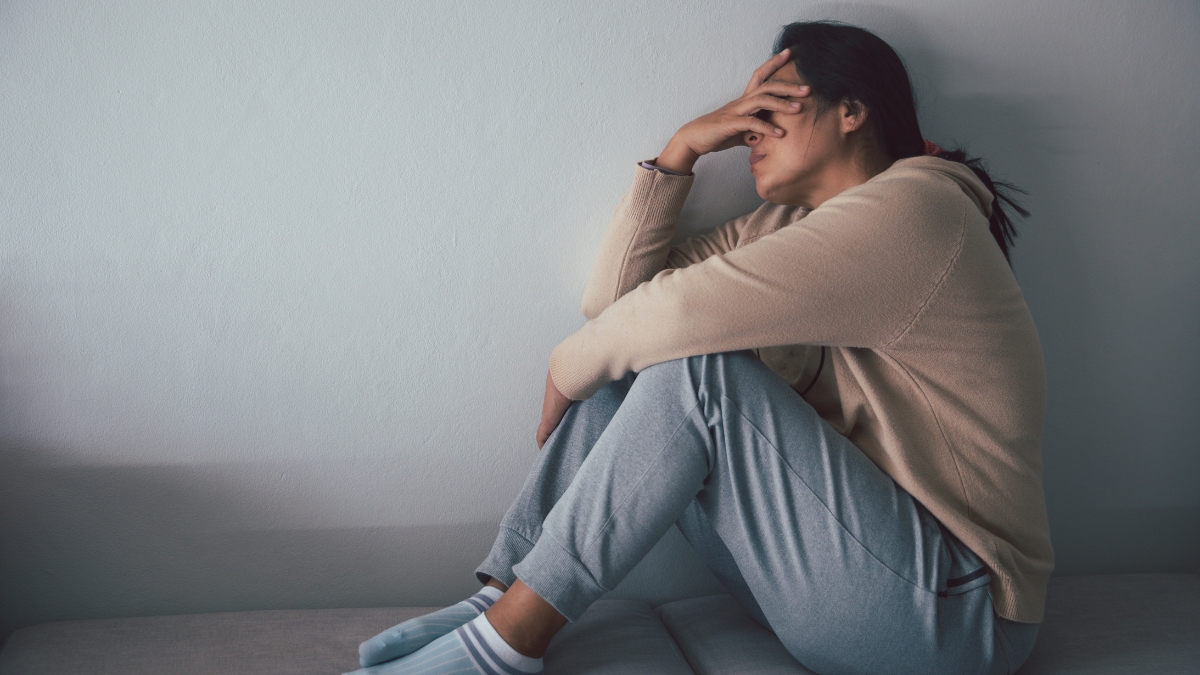Sleep hypnosis anxiety and depression: In today’s fast-paced world, the United States has seen a significant rise in anxiety and depression. Finding effective ways to manage these mental health challenges has become paramount.
Also Read: Best Sleep Hypnosis for Weight Loss
Sleep hypnosis is an increasingly popular technique that offers a natural and non-invasive solution to alleviate anxiety and depression. In this blog post, we will explore the benefits and effectiveness of sleep hypnosis for the American audience.
Sleep Hypnosis Anxiety and Depression
Sleep hypnosis can help with anxiety and depression by inducing relaxation, changing negative thought patterns, calming the mind, and promoting restful sleep. However, it should be used along with other treatments and after consulting with a healthcare professional.
The Connection Between Sleep and Mental Health

Sleep plays a vital role in maintaining good mental health. Quality sleep allows the brain to recharge and repair itself, leading to improved overall well-being. Conversely, anxiety and depression often disrupt sleep patterns, making it difficult to achieve the restorative sleep necessary for optimal mental health. By addressing sleep-related issues, such as insomnia or restless sleep, sleep hypnosis can help reduce anxiety and alleviate symptoms of depression.
What is Sleep Hypnosis?
Sleep hypnosis is a relaxation technique that induces a hypnotic state of relaxation just before sleep. Unlike the hypnosis used for entertainment purposes, sleep hypnosis involves a guided process aimed at helping individuals enter a calm and peaceful state of mind conducive to sleep. Trained hypnotherapists use techniques such as progressive muscle relaxation, guided imagery, and positive suggestions to promote relaxation and reduce anxiety.
The Benefits of Sleep Hypnosis for Anxiety and Depression
Sleep hypnosis offers numerous benefits for individuals experiencing anxiety and depression. By inducing relaxation, it can help reduce anxiety levels both during and after sleep hypnosis sessions.
Improved sleep quality achieved through sleep hypnosis can have a profound positive impact on mental health by reducing anxiety and depression symptoms. Additionally, the practice of sleep hypnosis assists in relieving stress and promoting overall emotional well-being.
Scientific Evidence: Understanding the Effectiveness of Sleep Hypnosis
Scientific studies have shed light on the effectiveness of sleep hypnosis for anxiety and depression. Research suggests that sleep hypnosis can lead to significant reductions in anxiety levels and depressive symptoms.
It has been found to be particularly beneficial in improving sleep quality and duration. Compared to other treatment modalities, sleep hypnosis has shown promising results in terms of its effectiveness and lack of side effects.
How to Practice Sleep Hypnosis at Home
Individuals can practice sleep hypnosis at home using various techniques. To create an ideal sleep environment, it’s crucial to eliminate distractions and create a calming space. This may involve adjusting lighting, minimizing noise, and establishing a comfortable temperature.
Guided sleep hypnosis audios or apps can be beneficial, as they provide structured guidance and ensure consistency in the practice. Additionally, individuals can learn self-hypnosis techniques from a certified hypnotherapist, allowing them to guide themselves into a state of deep relaxation before sleep.
Seeking Professional Help
While self-guided sleep hypnosis practices can be effective, it is advisable to consult a certified hypnotherapist for optimal results, especially when dealing with anxiety and depression.
A qualified professional will have the necessary expertise to address individual concerns and create personalized sleep hypnosis sessions tailored to specific needs. Their guidance and support can provide a more targeted and effective approach.
Sleep Hygiene Practices
To enhance the effectiveness of sleep hypnosis, it is important to adopt healthy sleep hygiene practices. Establishing a consistent sleep schedule helps regulate the body’s internal clock, making it easier to fall asleep and wake up naturally.
Avoiding stimulants such as caffeine and nicotine before bedtime and limiting exposure to electronic devices helps create a calmer atmosphere conducive to sleep. Creating a relaxing bedtime routine, including activities such as reading or taking a warm bath, can further enhance the effectiveness of sleep hypnosis.
Managing Expectations and Persistence
Individual results with sleep hypnosis may vary, and it is essential to manage expectations accordingly. Some may experience immediate improvements, while others may need to practice sleep hypnosis for a prolonged period before seeing significant changes.
The key is to persist in incorporating sleep hypnosis into daily routines. Over time, individuals may overcome initial skepticism and find comfort and relief in the transformative powers of sleep hypnosis.
Conclusion
Sleep hypnosis anxiety and depression: Sleep hypnosis offers a promising solution for Americans struggling with anxiety and depression. By integrating sleep hypnosis into their lives, individuals have the opportunity to improve sleep quality, alleviate anxiety, and reduce the burden of depression. Remember to consult a professional and practice patience and perseverance as you embark on this transformative journey towards better mental health and restful sleep.
We appreciate your time in reading sleep hypnosis anxiety and depression. If you have any questions or concerns, please don’t hesitate to reach out to us through our contact form. We are always here to assist you and value your feedback. Thank you once again for your support, and we eagerly await your response.
